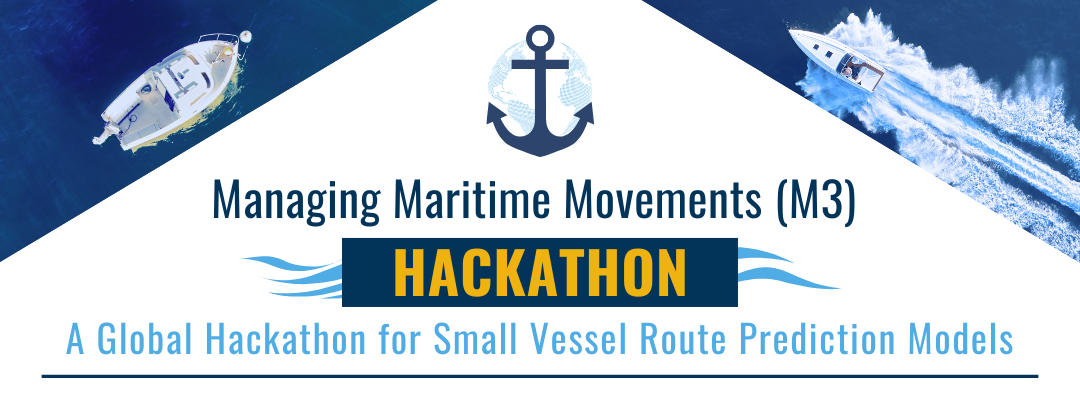
Small vessels present a significant challenge for maritime waterway management. Unlike large vessels, which have well-established trajectory forecasting models, small vessels such as sailboats, fishing vessels, and personal craft often traverse marine environments with limited traffic management capabilities. The sparse data available on small vessel trajectories has hindered the development of effective forecasting methods.
To address this challenge, the University at Albany, in collaboration with the Center for Accelerating Operational Efficiency (CAOE), is hosting a global hackathon aimed at the modeling and data analysis communities. The goal is to foster the development of innovative modeling approaches to predict small vessel trajectories. The first-place team will receive $10,000 (USD), and second-place will receive $5,000 (USD).
Key Dates
- August 1, 2024: Registration Opens
- September 16, 2024: Hackathon Starts
- October 31, 2024: All Submissions Due
Participation Requirements
- Teams must consist of no more than three members.
- At least one member of each team must be a citizen of Australia, Canada, New Zealand, the United Kingdom, or the United States.
- Teams will be provided with a dataset to train their models and all predictions, modeling code, and documentation must be submitted by October 31, 2024.
- Check out the flyer for the full details.
Register Your Interest
Register your initial interest in the M3 Hackathon by completing the registration form. *Completing the form does not constitute a commitment or acceptance into the hackathon. Once a team’s registration is approved, further information will be provided to team members.
Contact Information
For any questions, please reach out to Hayley Peterson at [email protected].
This project is supported by the U.S. Department of Homeland Security under Grant Award Number 17STQAC00001-07-00. The views and conclusions contained in this document are those of the authors and should not be interpreted as necessarily representing the official policies, either expressed or implied, of the U.S. Department of Homeland Security.
